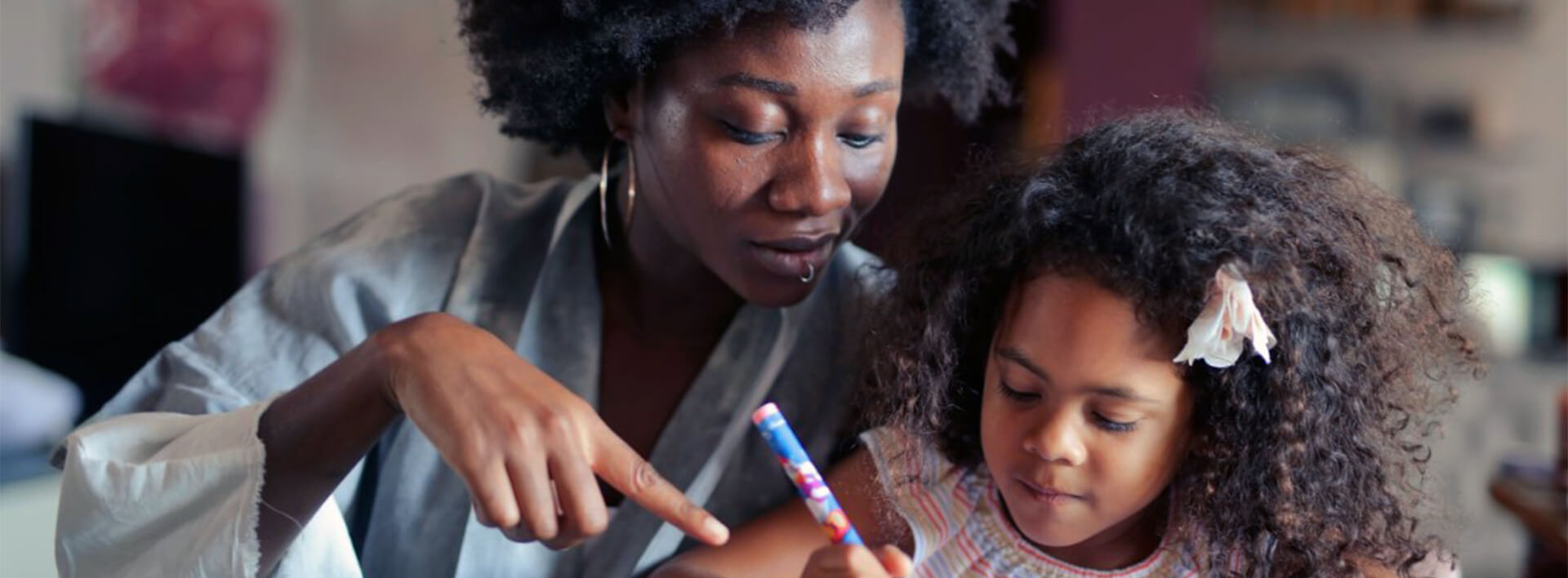URB 635 – Community Organization (3 Credits)
This course will examine the historical development and contemporary practice of community organizing. Students will examine why and how people in urban communities and neighborhoods have organized to protect their rights and their entitlements to public services, to acquire resources for development, and to improve their quality of life. Students will develop a historical and theoretical perspective on community organizing and will explore the range of issues around which communities organize. They will acquire practical knowledge and skills for effective grassroots organizing, including coalition-building and alliances between community organizations and labor. Through readings and presentations by guest speakers, they will gain familiarity with various models and strategies of community organizations in New York City. Following each presentation by a guest speaker, students will submit a 1–2-page paper, reflecting on a key theoretical or practical concept in the presentation.
URB 651 – Diversity in Urban Education (3 Credits)
Urban schools are nested within communities, and the education that happens in these schools is partially conditioned by the social relations that permeate these communities. This course will examine the social forces that shape urban education. We will evaluate the extent to which urban schooling reproduces the existing social relations and the extent to which it can act as an agent of change. Because of their central role in community life, urban schools have been the site of multiple layers of struggles involving democratic values, public -private organization and community control, civil rights and equal access to quality education, unionization of the educational workforce, economic development and employment opportunity, the multi-racial and multi-cultural content of the curriculum, the instrumental or humanistic nature of education, and the role of professional autonomy in evaluating the instructional process. The conflicts embodied in these struggles will be examined through the experiences of immigrant communities, different racial and ethnic groups, working class communities, and students gender roles and identities. Where possible, we will map specific communities and understand how urban schools structure and engage the experiences of students with the goal of exploring the transformative possibilities of urban education.
URB 612 – Urban Social Problems and Community Development (3 credits)
“Community development” refers to strategies in which neighborhood residents come together to generate and implement solutions to shared problems, and this course will explore the theory and practice of community development. The main emphasis of the course is a broad examination of the issues that have confronted communities since the mid-20th century. First, it studies the historical development of urban communities and the structural roots of urban social problems. Second, it traces the community development movement from its historic connections to the civil rights movement and the War on Poverty to its present-day manifestations. Third, it introduces students to various community development approaches and the complex constraints residents, activists, and organizations face as they confront common challenges. Finally, this course will use New York City as its main “case,” relying on New York-focused studies to illuminate the theoretical and practical issues outlined above.
LPOL 602 – Work, Culture, and Politics in New York City (3 Credits)
This course is designed to provide an interactive overview of the constantly changing worlds of work, culture and politics in New York City. We will learn about where New Yorkers live and work, how specific urban communities develop, and assess how the cultural and political institutions of New York serve the city’s diverse population. The class uses an historical frame to situate the contemporary city, spending equal time on past and present inquiries. Throughout, we will learn about New York’s key industries, trends in immigration, economic development, public policy, public and private space, popular culture, urban social identity, community organizations, and labor’s contributions to building the city’s institutions.

